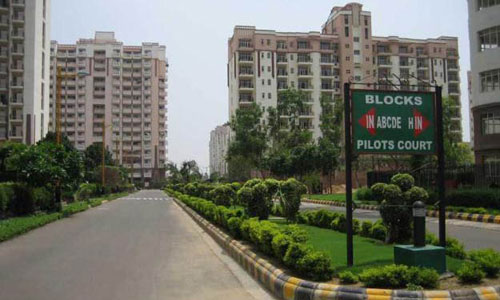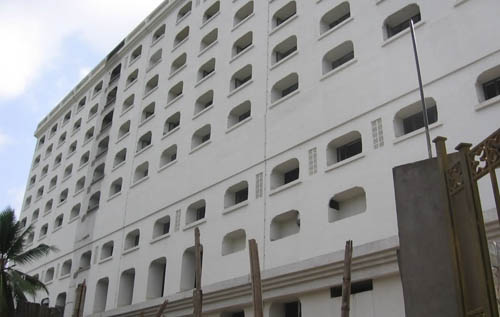
Government easing approvals process for realty projects
To improve ‘ease of doing business’ in urban areas, the…

To improve ‘ease of doing business’ in urban areas, the…

Within the built environment of Mumbai real estate there is…

Gaurav Kapoor booked a flat in one of the newly launched projects of Delhi-NCR in early 2007. He was promised the flat would be ready for possession within three years with a grace period of six months. To play safe Gaurav even opted for a construction linked payment plan to the developer but six years have gone and he is yet to get his flat and every time he has approached the developer, various reasons for delay have been cited from macro economic conditions to funding woes and approval delays on part of the government agencies.

The building approval process in India is relatively slower and more expensive in comparison to several other countries as indicated by a recent World Bank assessment. The report highlights that an average 37 procedures over a period of 195 days are needed for obtaining construction permits in the country vis-à-vis 15 approvals over an average 157 days in the OECD region.

The much awaited and largely discussed Real Estate (Regulation & Redevelopment) Bill, pending since 2009, is finally been ready and the Government plans to introduce it in the winter session of Parliament after getting Cabinet approval.

The new regulatory regime is largely about steps, which include streamlining approval processes, simplifying taxation (GST), building institutional capacity, as also introducing urban planning and real estate-related reforms (RERA and REITs).

Track2Realty Exclusive: Developers have also been trying to get the government to introduce the concept of single window clearance. It is common knowledge that time taken to grant approvals directly affects property prices. It has been found that delays in approval processes alone increase sale value of houses by 40%.

“Reduction in taxes and flexibility in approval process will provide affordable homes to the masses. If these two elements are addressed by the government, selling price of the homes will be reduced by at least 33%,” said Lalit Kumar Jain, President of CREDAI.

South India’s data centre market is on an impressive growth trajectory, with major cities like Chennai, Bangalore, and Hyderabad at the forefront. This surge is supported by substantial government incentives, strategic infrastructure investments, and a rising demand for digital services. The region is poised to play a crucial role in the global data centre landscape, with capacity projected to grow 65% by 2030.

It was not the magic wand it was hoped to be. However, over the past two years, the Real Estate Regulatory Act (RERA) has brought more sanity – and the return of consumer power – than seemed possible in such a short time. The real estate sector is still struggling with it and the Act is very much work-in-progress in many states, but RERA nevertheless hangs like a sword of Damocles over a previously unregulated industry. Eventual compliance across the board seems inevitable.
